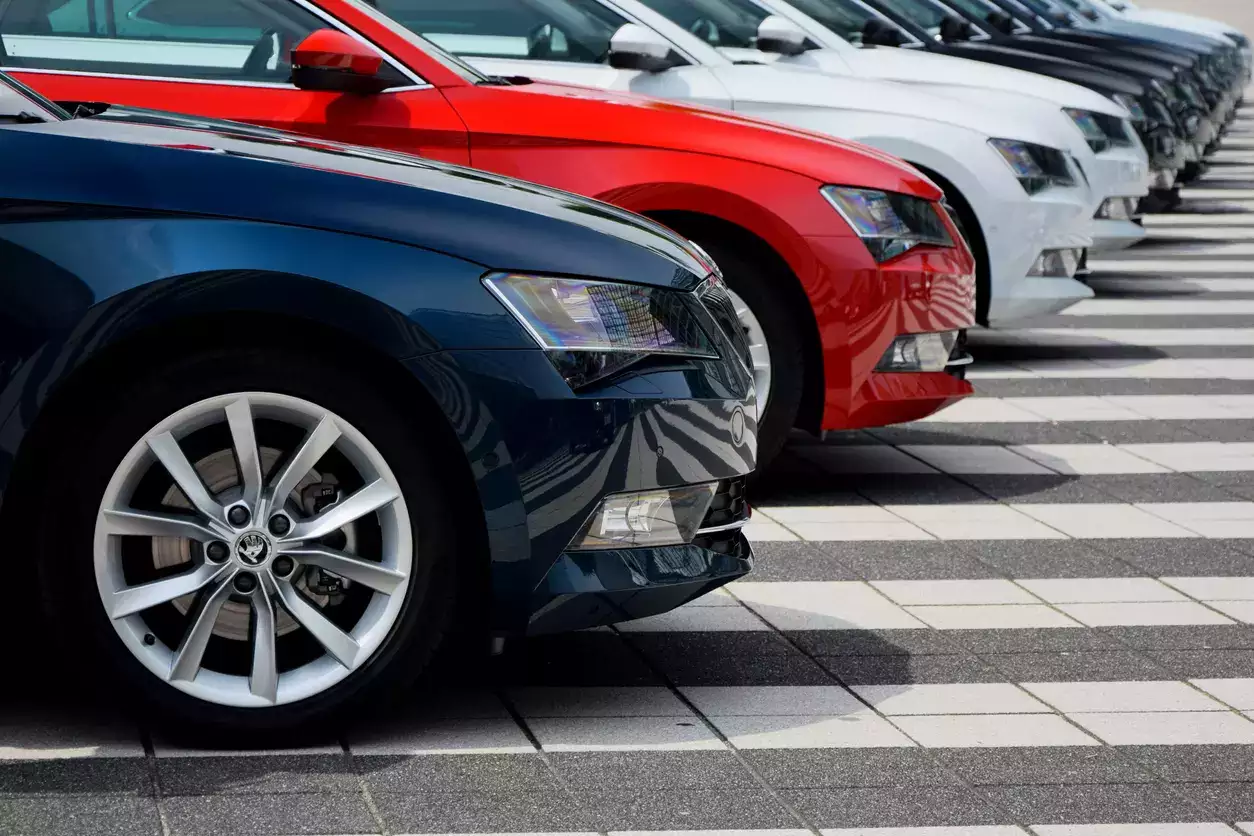 Automakers have warned of plant closures and thousands of job losses, as they struggle with weak demand, Chinese competition and lower than expected electric vehicle sales.
Automakers have warned of plant closures and thousands of job losses, as they struggle with weak demand, Chinese competition and lower than expected electric vehicle sales.The leaders of auto manufacturing hubs Germany, Italy and the Czech Republic pressured Brussels on Thursday to waive financial penalties on carmakers that miss EU emissions targets from next year.
German Chancellor Olaf Scholz said after a summit of EU leaders that it did not make sense to add to the industry's difficulties and that fines should not limit companies' ability to invest in electric vehicles (EVs).
Scholz, who is under pressure from a snap election in February next year, said automakers were bringing out new EVs, but consumers could not be forced to buy them.
"I think it's right not to impose fines and to look into how to do this. It's not straightforward, but I've had such in-depth discussions and I think a way will be found," he said.
Scholz also welcomed a plan by European Commission President Ursula von der Leyen to launch a "structured dialogue" with the auto sector. EU leaders had agreed with his suggestion, he said, to discuss the outcome at the next EU summit in March.
The prime ministers of Italy and the Czech Republic were also planning on Thursday to urge von der Leyen to drop fines on automakers that miss CO2 targets, EU diplomats said, speaking on condition of anonymity.
European carmakers could face some 15 billion euros (USD 15.62 billion) in penalties for missing the targets, according to industry estimates, with the region's biggest automaker Volkswagen the most affected.
Automakers have warned of plant closures and thousands of job losses, as they struggle with weak demand, Chinese competition and lower than expected electric vehicle sales.
France also joined the opposition to fines this week. A government paper, seen by Reuters, said Paris did not want to weaken the CO2 targets, but supported a solution to avoid penalties on carmakers next year.
"The reality we are facing now is not the one we prepared for to begin with," Agnes Pannier-Runacher, French climate minister, said at a meeting of EU ministers on Tuesday.
The EU's 2025 targets set a CO2 limit that manufacturers must meet on average across the fleet of cars they sell during the year. A drop in EV sales could drive up a manufacturer's average fleet emissions, causing it to miss the CO2 goal.
Austria, Bulgaria, Romania and Slovakia have also urged the EU to rethink its CO2-cutting policies for cars. Only a few countries - including Sweden, home to Volvo - have spoken out in favour of keeping the fines.
